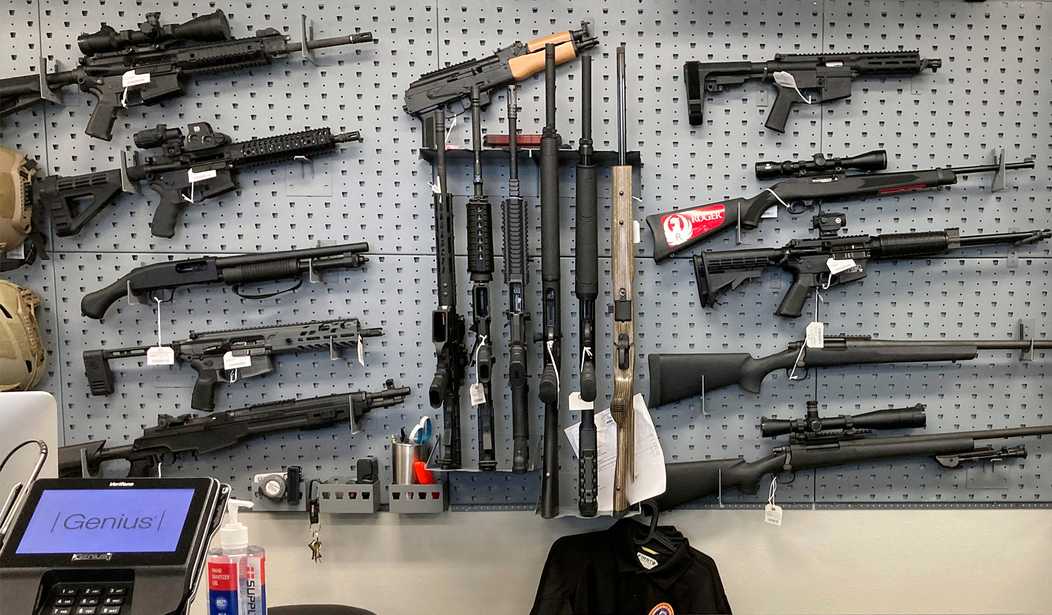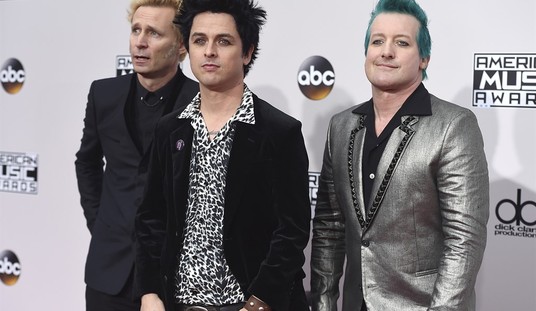A federal appeals court upheld Illinois's strict ban on high-powered guns, rejecting the argument the law violated the Second Amendment rights of Illinois citizens.
“As we know from long experience with other fundamental rights, such as the right to free speech, the right peaceably to assemble, the right to vote, and the right to free exercise of religion, even the most important personal freedoms have their limits,” Judge Diane Wood, appointed to the appeals court by President Bill Clinton, wrote in the majority opinion. She was joined by Judge Frank Easterbrook, a Reagan appointee.
But the fallacy of Judge Wood's argument is that the Illinois law bans an entire class of weapons: "Government may punish a deliberately false fire alarm; it may condition free assembly on the issuance of a permit; it may require voters to present a valid identification card; and it may punish child abuse even if it is done in the name of religion. The right enshrined in the Second Amendment is no different."
The saving grace of this ruling is that it only dealt with the preliminary injunctions issued by lower courts and did not touch on the constitutionality of the law. The court invited the plaintiffs to submit a specific argument that touches on whether the law infringes on the Second Amendment rights of Illinois citizens.
The dissent came from Judge Michael Brennan, an appointee of President Donald Trump and the third member of a panel that heard arguments June 29 in a case that consolidated a half-dozen federal lawsuits.
Brennan wrote that the state, along with Cook County and the cities of Chicago and Naperville, “failed to meet their burden to show that their bans are part of the history and tradition of firearms regulation,” the threshold established in a U.S. Supreme Court ruling last year overturning New York state’s concealed carry law.
David Sigale, an attorney for the Illinois State Rifle Association, which is a plaintiff in one of the six lawsuits combined in the case reviewed by the 7th Circuit, said Friday he was still reviewing the decision but indicated the association and other plaintiffs will be deciding their next legal steps soon.
“We’re looking at our available legal remedies, one of which is petitioning the Supreme Court for review,” Sigale said.
The plaintiffs may ask the full appeals court to review the case rather than take it to the Supreme Court immediately. The 7th U.S. Circuit Court of Appeals has 11 of 13 judges appointed by Republican presidents. That doesn't mean an automatic rejection of the law based on Constitutional grounds but at least the plaintiffs would be confident that their arguments would be fairly weighed.
"The Act regulates the sale and distribution of assault weapons, high-capacity magazines, and switches in Illinois," according to the state police website. The law requires anyone who owns one of the proscribed weapons to register them with the state. High-capacity magazines are banned along with switches.
This sweeping law will no doubt end up before the U.S. Supreme Court where challenges to gun control laws have achieved a high rate of success.










Join the conversation as a VIP Member